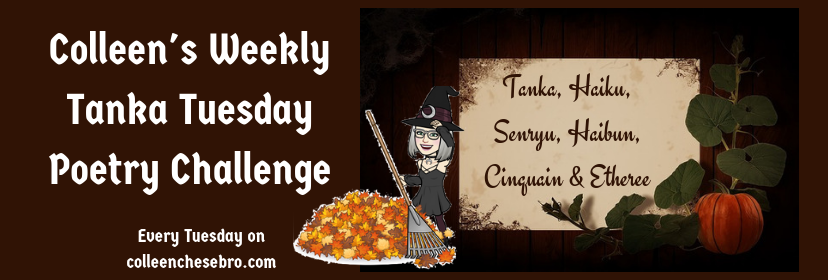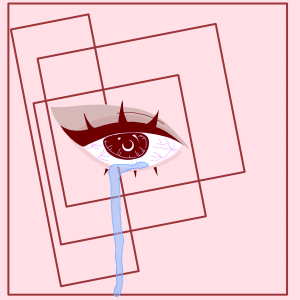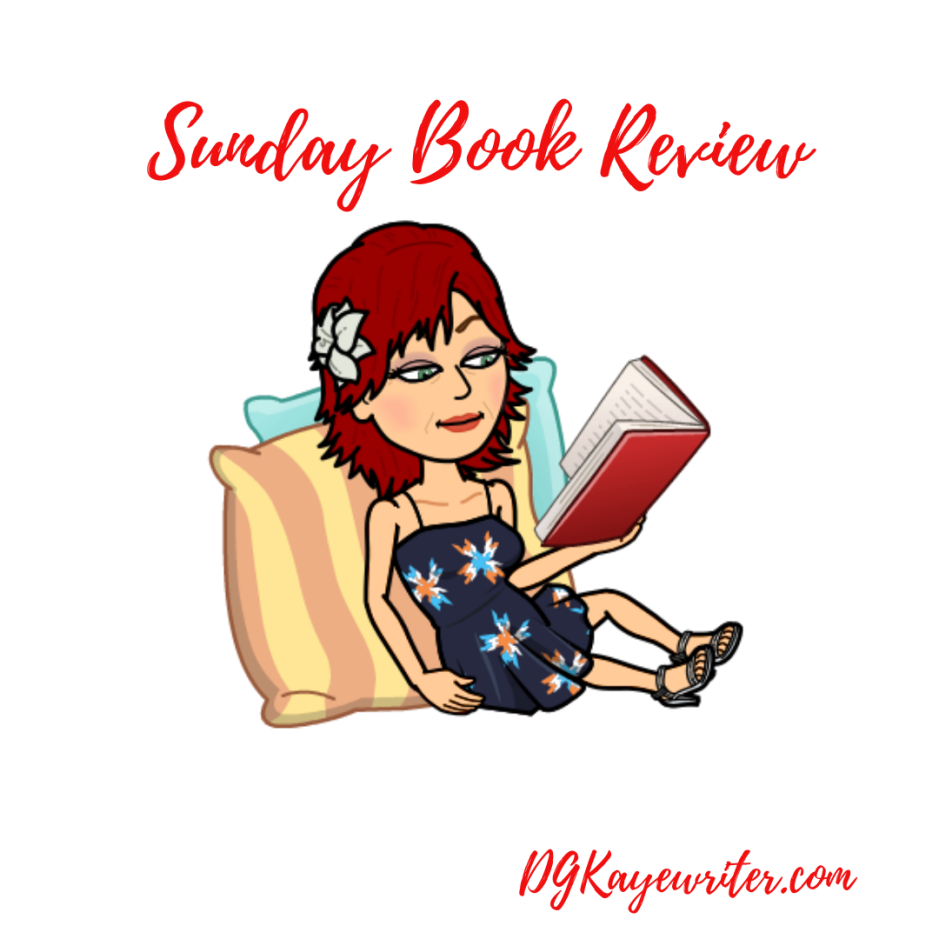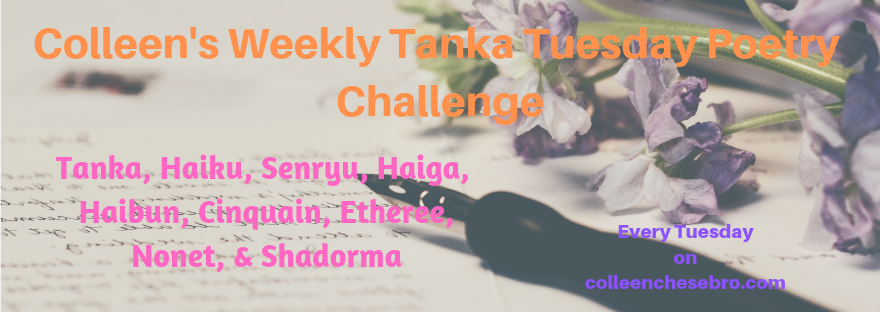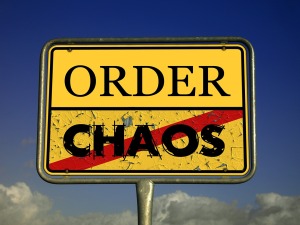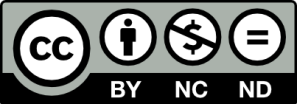It’s been awhile since I hopped on to Colleen Chesebro’s weekly poetry challenges at Word Craft. Every week there’s a different theme to work with in any syllabic style we choose. This week is Poet’s Choice.
I was going through my notebooks of things that pop into mind, generally, from something I’ve read or seen. I didn’t recall why I had scribbles written down about Moses from the bible – but I’m quite sure I did that while watching Exodus: Kings and Gods on Netflix. But I thought I’d use part of those scribbles and expand, to go with the Haiku I’d written first. Uncanny what comes to mind. It became a biblical questioning. I’ve written a Haibun and Haiku.
#TankaTuesday Weekly Poetry Challenge: #Poet’s choice

Is it Golden Idol Time?
Moses climbed Mount Sinai following the voice of God calling unto him. God wrote the Ten Commandments with his own finger, searing the laws into the stone tablets.
While Moses was gone for 40 days and 40 nights up the mountain, the natives below began to lose faith about the existence of God and began their doubts about Moses’ return. As people often do in human nature when they harbor doubt, gossip spreads among them and a new ‘want-to-be’ leader steps up and antagonizes by spewing doubt and fallacies about God, it doesn’t take people long to hitch their wagons to persuasion.
And the non believers joined together to build a golden idol to put their faith into, and pretty much broke every other law that God would ultimately write – raping, orgies and so on.
When Moses returns with the tablets in his arms and sees how little faith his people had, he threw the tablets to the ground and broke them. Of course, Moses did go back up the mountain for another 40 days and nights and received a new set from God. And as God’s punishment for non believing, he left his people to wander the desert as nomads for 40 years – enough punishment for a generation to pass in this lesson – kind of like when God was angry at what man had done unto his creation and flooded the world and started over with Noah’s Ark where only two of each species of animals, and Noah with seven other members of his family, sailed on it to survive God’s punishing flood to wash away all his creation, along with the sins of man to create yet, a new world.
I can’t help but wonder what God is thinking these days about what’s going on in his world now; what has man done now to His once pure creation? Are we beyond smug to entertain the thought that God is not afraid to start yet again?
History Repeats
Instant gratification
Some will never learn.
Visit Colleen’s original post at Word Craft. There’s still time to hop on!
©DGKaye2021

